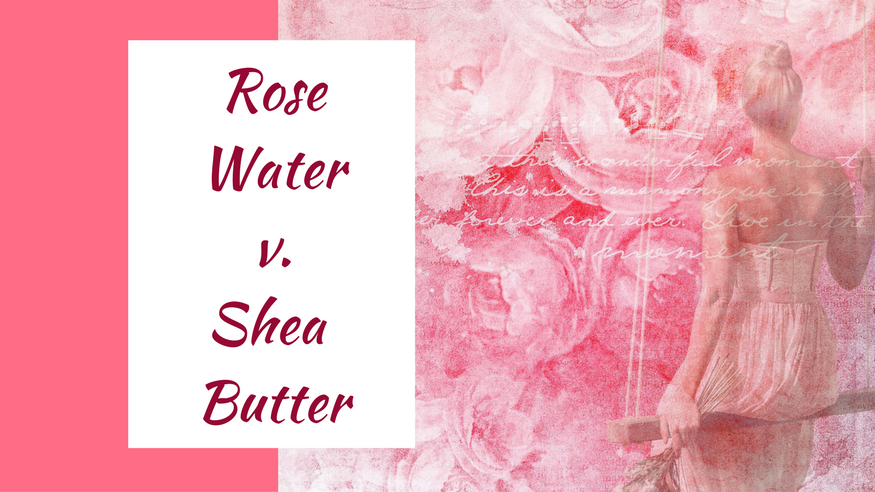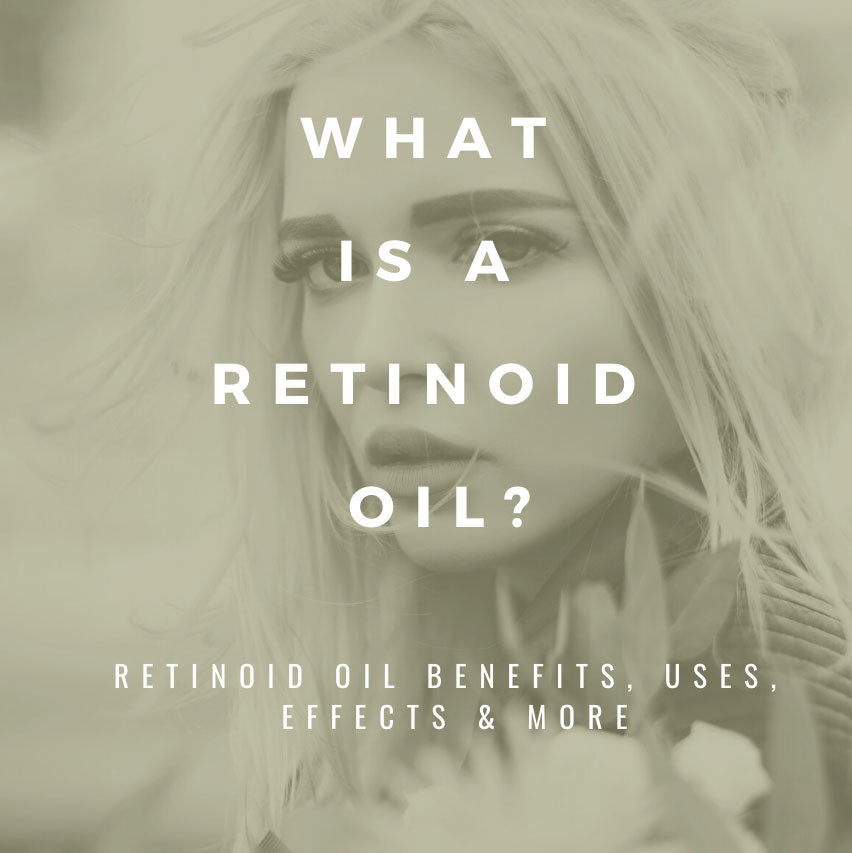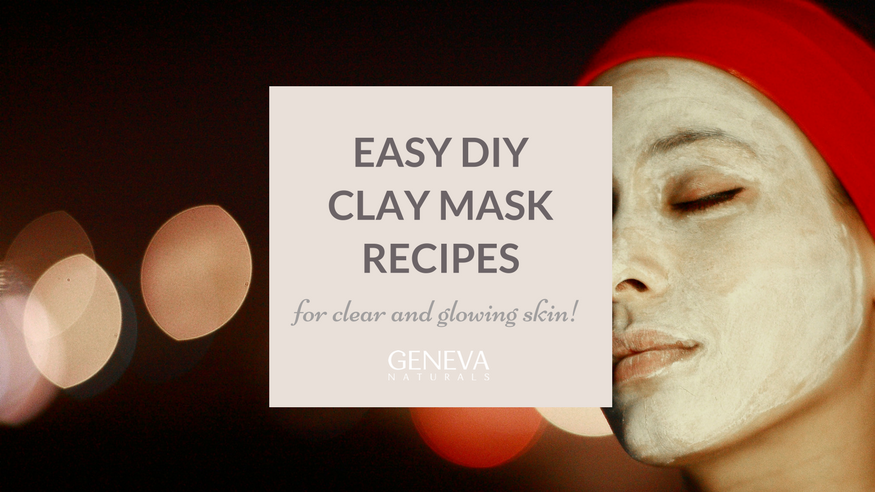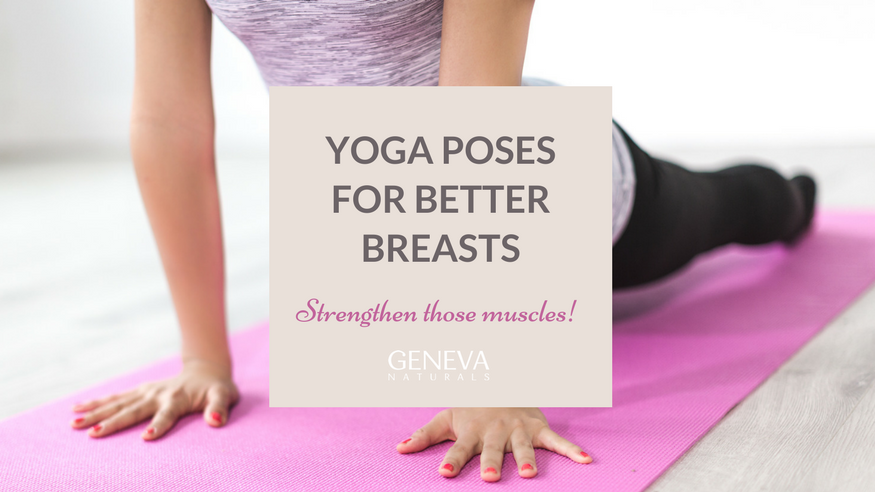Ingredient Battle: Rose Water vs. Shea Butter

Rose Water
What is it?
Rose water is a transparent, colorless solution made from fresh rose flowers. Water is used to distill the fragrant parts of the flowers, the flower petals are placed in water and boiled, and the vapor is captured and then condensed back into a liquid, or rose water.
Why do people love it?
Its natural fragrance makes rose water an excellent substitute for chemical-filled perfumes. Rose water is also used in making certain medicines and skin care products.
Benefits
Astringent
Clogged pores can lead to uneven skin tone and acne. Rose water has astringent properties that help to purify the pores, tone the skin, and reduce redness. It also helps prevent the appearance of wrinkles, dark circles, and other signs of premature aging of the skin.

Soothes Skin
Rose water possesses anti-inflammatory properties that help to reduce the swelling associated with skin conditions such as acne, eczema, or rosacea. Another soothing benefit of rose water is its ability to hydrate sunburned, irritated, or dry skin.
Treats and Protects the Skin
Along with being an astringent and anti-inflammatory, rose water also has antiseptic and antibacterial properties that help with preventing and treating infections and healing cuts, burns, and acne scars. Rose petals also contain antioxidants that help to protect cells from damage.
How to use it?
Rose water can be applied topically to the skin or used in toners, face masks, cleansers, and moisturizers. It can also be used internally and aromatically.
Shea Butter


What is it?
Shea butter has an off-white to yellow color and is a fat extracted from the nut of the African shea tree. It has a long history of use and has been used for its healing properties, especially in cosmetics.
Why do people love it?
Naturally rich in vitamins A, E, and F, and essential fatty acids, shea butter is a superfood for skin. Raw shea butter provides many beauty benefits.
Benefits
Anti-Aging
Shea butter boosts collagen production, which helps to reduce wrinkles. The essential fatty acids and vitamins A and E found in shea butter help the skin to maintain elasticity, moisture, and an ageless glow.
Moisturizing
Soothing and hydrating the skin are one of shea butter’s most enjoyed benefits. It is used to moisturize chapped lips, dry skin and scalp, and to help with skin conditions such as eczema. Raw shea butter helps the skin and hair to maintain moisture and protects them in dry climates.
Relieves Irritated and Scarred Skin
Shea butter penetrates deep into the skin to help relieve sunburn, dry skin, rash, stretch marks, and acne scars. It has antifungal, anti-inflammatory, and hydrating properties that cleanse the skin, heal cuts and wounds, reduce swelling, and relieve irritation.
How to use it?
Shea butter is often used topically. It can be used raw and is a common ingredient in many cosmetic and skin care products such as creams, lotions, and balms. It can be mixed with natural oils such as tea tree oil or lavender essential oil for added benefits.
Check out our Anti-Aging Clarifying Toner, which purifies and preps the skin for the rest of your skin care regimen. It has a lovely lavender aroma!
Have you ever used either of these soothing ingredients? We're interested to see which one you like more, and maybe we'll even use that ingredient in a future product! Let us know in the comments below!
Also in Geneva Naturals

What Is A Retinoid Oil? Retinoid Oil Benefits, Uses, Effects & More

DIY Clay Mask Recipes for Clear Skin




